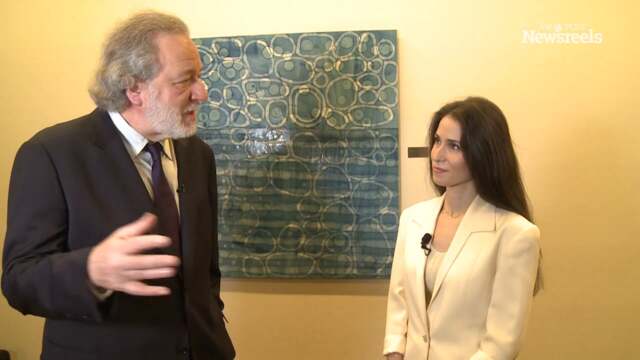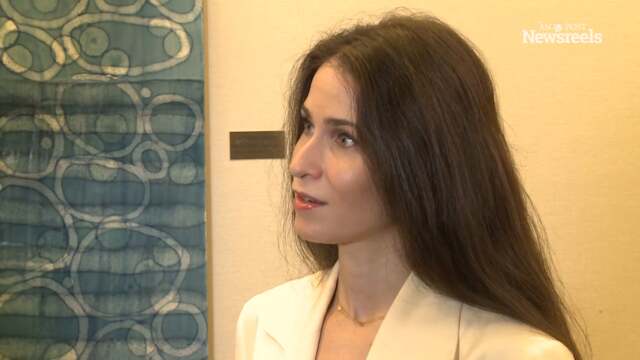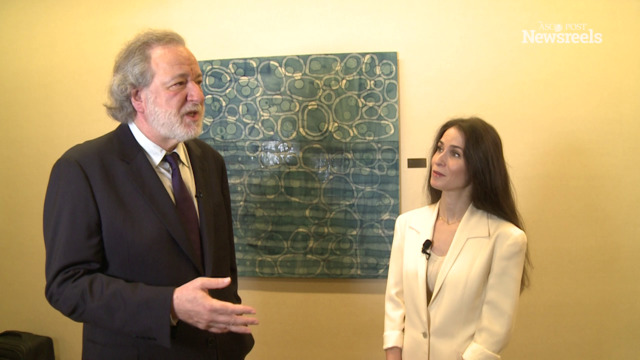Bradley J. Zebrack, PhD, and Ursula Sansom-Daly, PhD, on Global Psychosocial Standards of Care for Adolescents and Young Adults With Cancer
2015 IPOS APOS World Congress of Psycho-Oncology
Bradley J. Zebrack, PhD, of the University of Michigan School of Social Work, and Ursula Sansom-Daly, PhD, of the University of New South Wales, talk about providing supportive care services that meet the unique needs of adolescents and young adults with cancer.
Related Videos
Allison J. Applebaum, PhD, and William S. Breitbart, MD
Allison J. Applebaum, PhD, and William S. Breitbart, MD, of Memorial Sloan Kettering Cancer Center, discuss the early days of this new treatment for despair and distress in cancer patients.
Jimmie C. Holland, MD, and Tammy A. Schuler, PhD
Jimmie C. Holland, MD, of Memorial Sloan Kettering Cancer Center, and Tammy A. Schuler, PhD, of the Association for Behavioral and Cognitive Therapies, demonstrate a dialogue between a clinician and a recently diagnosed cancer patient whose distress was discovered with the use of the Distress Thermometer.
Allison J. Applebaum, PhD, and William S. Breitbart, MD
Allison J. Applebaum, PhD, and William S. Breitbart, MD, of Memorial Sloan Kettering Cancer Center, explain how they brought this new treatment to help stressed caregivers of loved ones with cancer.
Allison J. Applebaum, PhD, and William S. Breitbart, MD
Allison J. Applebaum, PhD, and William S. Breitbart, MD, of Memorial Sloan Kettering Cancer Center, discuss a meaning-centered psychotherapy workshop they conducted for an international group of clinicians.
Jeff Dunn, AO, PhD, GAICD
Jeff Dunn, AO, PhD, GAICD, of the Cancer Council Queensland, discusses reducing the burden of cancer on individuals and communities.





